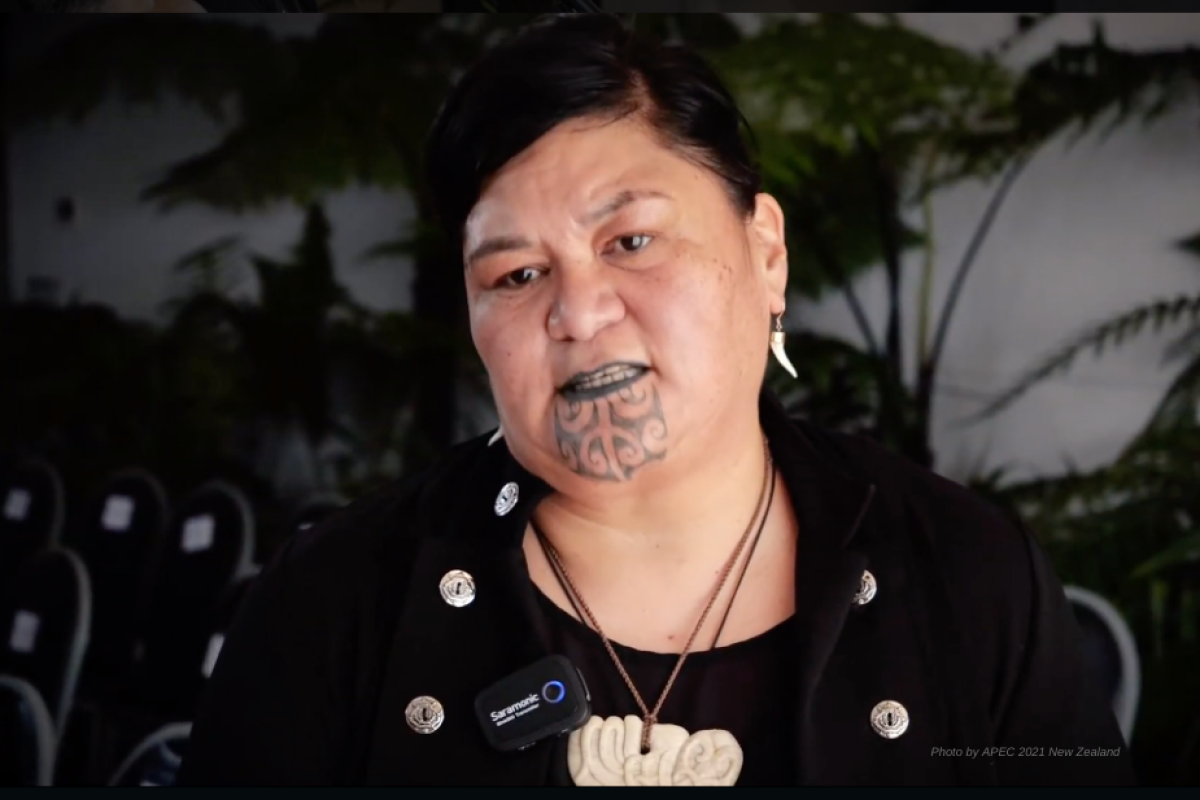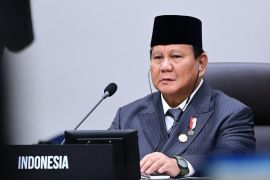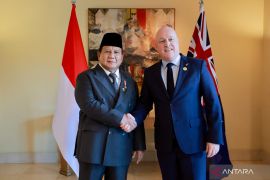The Asia-Pacific is home to around 70 percent of the world's indigenous population. However, the full potential of the community’s contribution to the region’s economy remains untapped, according to a written statement -- issued by the APEC Steering Committee on Economic and Technical Cooperation -- that was received here on Tuesday.
In a policy dialog on understanding and valuing indigenous economies in APEC held virtually earlier this month, panelists from various APEC economies shared their experiences in amassing and measuring data on the indigenous economies, stressing on the importance of boosting data collection efforts and the quality of data itself.
"In Aotearoa New Zealand, indigenous economic growth is an integral part of inclusive growth and prosperity," New Zealand’s Foreign Minister Nanaia Mahuta noted in her opening remarks at the policy dialog.
Minister Mahuta expounded that in the last two decades, New Zealand has borne witness to the growth of the Maori economy, from NZD16.5 billion (some US$11.84 billion) in 2006 to NZD69 billion (around US$49.53 billion) in 2019.
The minister strongly believes that good data and information is critical to gaining a better understanding of the concept of the indigenous economy and its role within the wider economy.
Related news: APEC accelerates regional response to COVID-19, boost recovery
"The COVID-19 pandemic has highlighted the need for reliable and timely data to aid policymakers to understand the impact on indigenous people to deliver targeted, informed, and tailored responses and also support economic resilience," Mahuta affirmed.
One of the key challenges encountered in accruing data on the indigenous economy is the varying definitions of indigenous individuals, households, and businesses across different APEC economies.
"Normally, an economy comprises households, business, and the government," Chief Economist and Director of Business and Economic Research Limited (BERL) Hillmarè Schulze noted in her presentation at the policy dialog.
Schulze further expounded that the first stage of understanding the measurement of indigenous economies is identifying and measuring what constitutes indigenous economic actors, translating to those who are part of the economy, which could include data on individuals, households, and businesses.
"Once we have data on the economic actors, we can then proceed to the next step that is measuring the participation and contribution," she stated.
Minister Mahuta reiterated the importance of closer collaboration between members in advancing indigenous economic inclusion in the APEC.
"This work is important to improve the lives and well-being of all indigenous people across the Asia-Pacific," Mahuta stated.
Inclusive economic growth is a crucial agenda item under New Zealand’s leadership of the APEC this year, as its member economies join, work, and grow together to build back better.
APEC senior officials acknowledged the potential of the indigenous economy and encouraged cooperation for data gathering and the sharing of best practices in assessing the contributions of indigenous economies. Related news: APEC advances environmental goods tariff reductions
Reporter: Yuni Arisandy Sinaga
Editor: Rahmad Nasution
Copyright © ANTARA 2021











